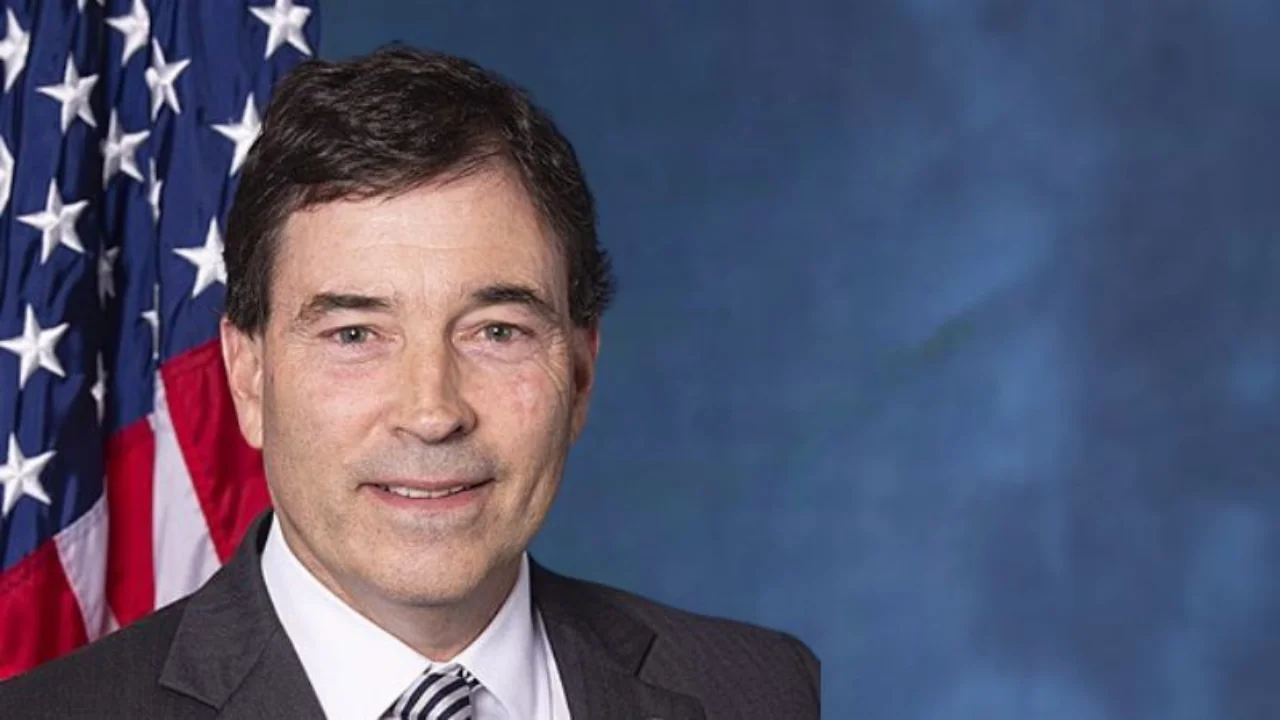Representative Troy Balderson | Troy Balderson Official Website
Representative Troy Balderson | Troy Balderson Official Website
On June 5, 2024, Congressman Troy Balderson (OH-12) led a coalition of 138 House members in introducing a Congressional Review Act (CRA) joint resolution of disapproval against the Biden Administration's regulations aimed at closing American power plants. Senator Shelley Moore Capito (R-WV), Ranking Member of the Senate Environment and Public Works Committee, concurrently introduced an identical resolution in the Senate with support from 43 colleagues.
The resolutions challenge the Environmental Protection Agency's (EPA) final rules under the Clean Power Plan 2.0, which impose stringent emissions requirements on coal-fired and newly constructed gas-fired power plants. These regulations were previously overturned by the Supreme Court in West Virginia v. EPA.
“The Clean Power Plan 2.0 was created by and for extreme activists, ignoring the real-world harm it will cause to our electric grid and American energy security,” stated Balderson. He emphasized that reducing baseload energy production amid rising power demand could have severe consequences for Ohioans.
Senator Capito remarked, “With this Congressional Review Act resolution of disapproval, every member of Congress will have the opportunity to protect America’s energy future.” She criticized the Biden administration's plan as harmful to families, workers, and communities across West Virginia and beyond.
Jim Matheson, CEO of the National Rural Electric Cooperative Association (NRECA), argued that "EPA’s power plant rule is unlawful, unreasonable and unachievable," urging Congress to overturn it. Rob Jennings from the American Petroleum Institute (API) echoed these sentiments, stressing the need for policies that harness all energy resources to ensure affordability.
Rich Nolan, President and CEO of the National Mining Association (NMA), described existing capacity margins as already thin before introducing CPP 2.0. Heather Reams from Citizens for Responsible Energy Solutions (CRES) warned that the plan threatens U.S. energy reliability.
Steve Stivers from the Ohio Chamber of Commerce noted that natural gas was Ohio’s primary electricity source in 2022 and criticized EPA’s rule for requiring unscaled technologies. Pat O’Loughlin from Ohio’s Electric Cooperatives highlighted potential operational cost increases and grid reliability threats if Congress does not act.
Ryan Augsburger from the Ohio Manufacturers' Association advocated keeping natural gas power plants as part of a diverse energy mix. Kathleen Sgamma from Western Energy Alliance pointed out that increased natural gas use has significantly reduced greenhouse gas emissions in the U.S., calling EPA's carbon capture requirements unrealistic.
Ryan Walker from Heritage Action argued that middle-class families would be hardest hit by expensive and unreliable energy sources mandated by EPA's regulation.
Balderson's House resolution is co-sponsored by numerous representatives including Kelly Armstrong (ND-At Large), Greg Pence (IN-6), Carol Miller (WV-1), among others.
The CRA resolution has garnered support from various groups such as NRECA, API, NMA, US Chamber of Commerce, National Association of Manufacturers (NAM), Duke Energy, Citizens for Responsible Energy Solutions (CRES), Heritage Action, Americans for Prosperity, Competitive Enterprise Institute (CEI), among others.


 Alerts Sign-up
Alerts Sign-up